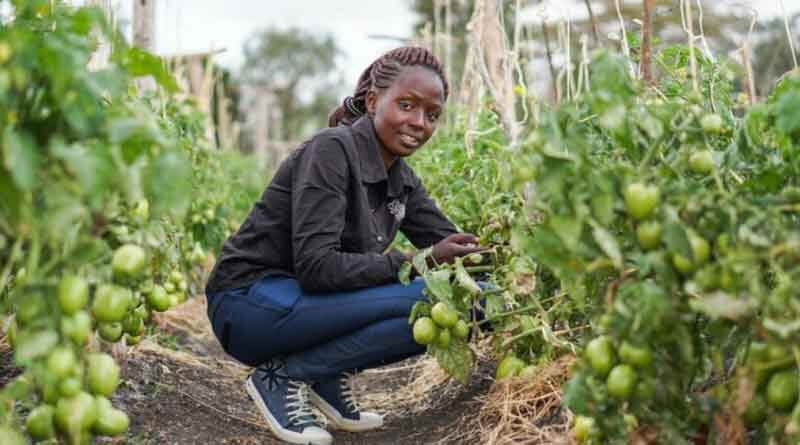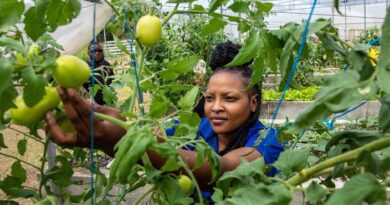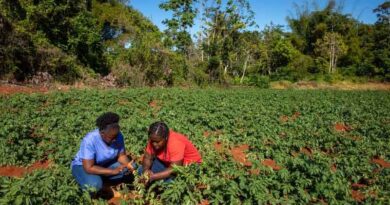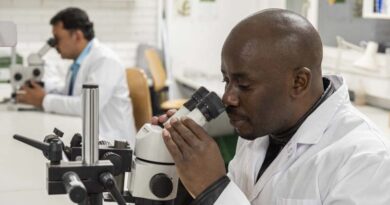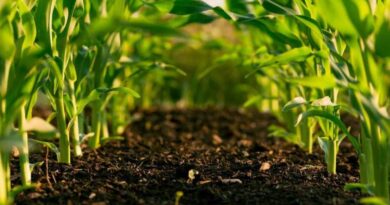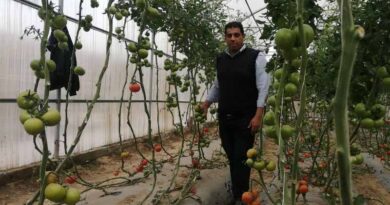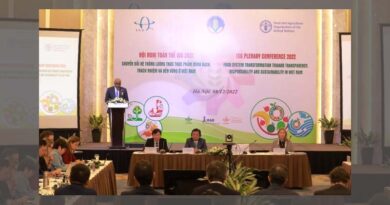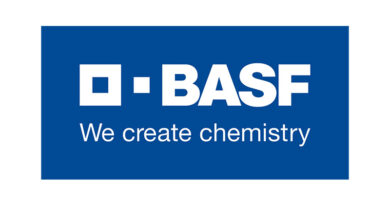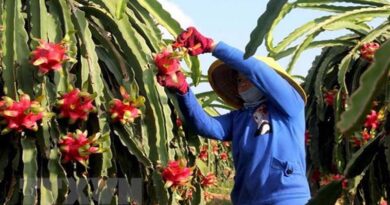Students invited to enrol for courses in Integrated Crop Management
15 June 2022, Switzerland: Scientists, teachers, extension officers, policy makers and post-graduate students are being invited to enrol for two new online programmes teaching the essentials of Integrated Crop Management (ICM).
ICM is a sustainable agricultural production system that improves overall crop health with minimal impact on the environment.
It optimizes yield and profitability while taking into consideration pest management, soil care, seed selection, crop nutrition, water management, rural economics, landscape management, agricultural policy and more.
ICM is an important part of sustainable agriculture and these courses promote the adoption of sound crop management principles.
Those who already hold a Bachelor’s degree or have at least three years professional experience in a related field and want to further their knowledge of ICM have until 10 July 2022 to apply for the Certificate of Advanced Studies (CAS) awards.
The courses are run by CABI and the University of Neuchâtel in collaboration with partner institutions in Switzerland.
CAS 2: ICM – Aspects of Implementation and CAS 3: ICM – Biological Control and Ecosystem Services will both result in 10 credit points under the European Credit Transfer System (ECTS).
Those who successfully finish the aforementioned courses and CAS 1: ICM – Sustainable Production Practices, which was launched in September last year, will be able to receive a Diploma of Advanced Studies (DAS) on completion of an additional technical report.
CAS 2 will facilitate exchange between international participants as they explore diverse considerations that are important – but not always obvious – in the field of ICM implementation.
This programme – structured around seven modules – addresses implementation issues that are crucial for the successful adoption of ICM practices by farming communities and for sustainable food production.
Topics include, for example, ‘Agricultural System Implementation,’ ‘Gender in Agriculture Programmes & Rural Advisory Services,’ and ‘Climate Change & Agriculture: Towards Climate-Smart Pest Management.’
CAS 3 participants will acquire a broader and deeper understanding of the options available to minimise the use of chemical pesticides, promote biodiversity and create more resilient agroecosystems.
Participants’ enhanced capacity to analyse interactions of beneficial species (e.g. natural enemies, pollinators) in agricultural landscapes will better prepare them for promoting nature-based solutions in various agricultural systems.
This course focuses on four modules, such as ‘Classical Biological Control’ and ‘Managing Landscapes.’
The CAS 2: ICM – Aspects of Implementation and CAS 3: ICM – Biological Control and Ecosystem Services programmes are fully online and will run from September 2022 to June 2023.
Also Read: Sugar beet benefits from Quantis heat stress relief

